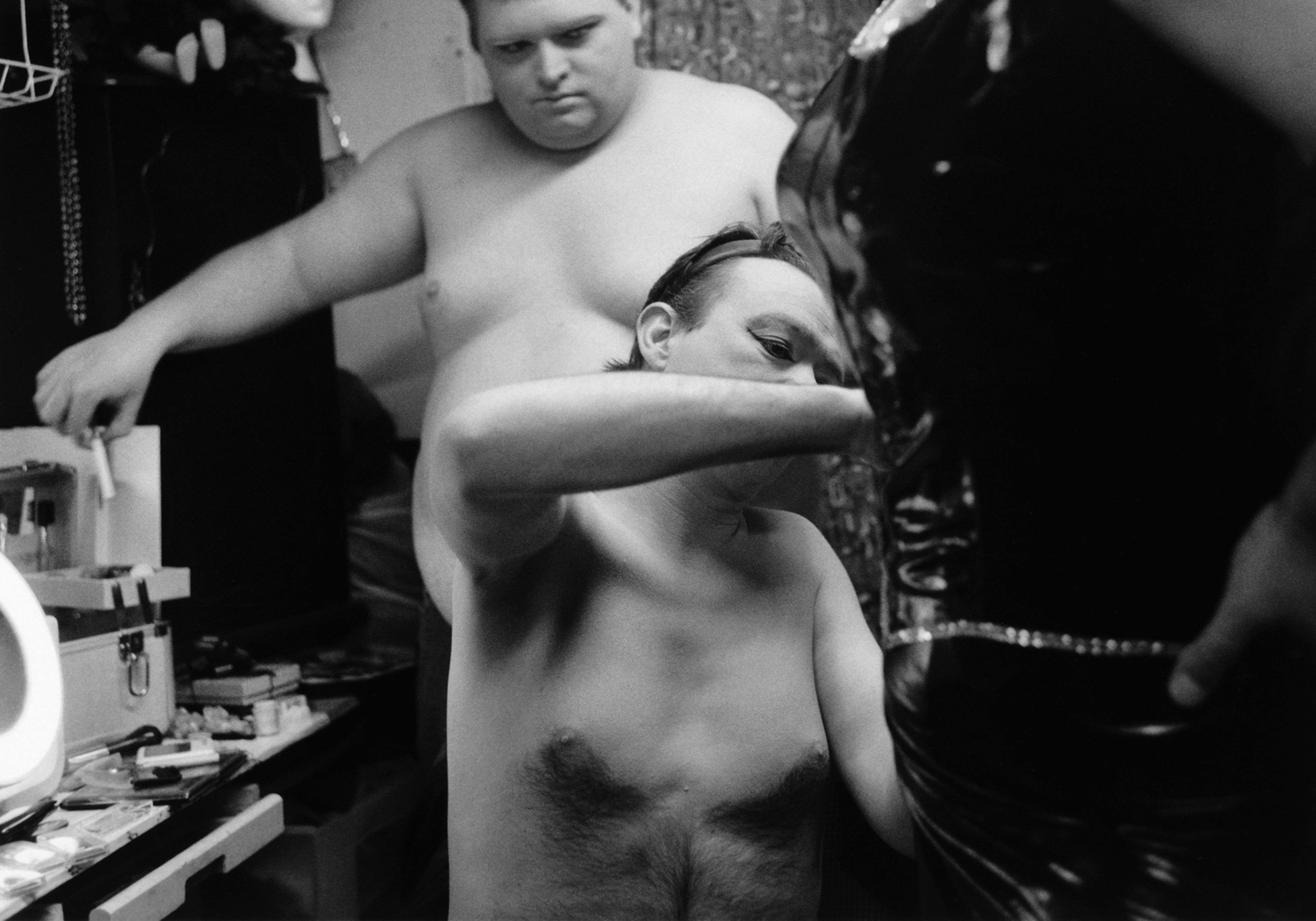[av_hr class=’custom’ height=’50’ shadow=’no-shadow’ position=’center’ custom_border=’av-border-fat’ custom_width=’100%’ custom_border_color=’#8f2866′ custom_margin_top=’30px’ custom_margin_bottom=’30px’ icon_select=’no’ custom_icon_color=” icon=’ue808′ font=’entypo-fontello’ admin_preview_bg=”]
I-89: COLCHESTER/CHAMPLAIN ISLANDS: EXIT 17
May 20, 6:00-7:00 p.m. Sun going down
These cloverleafs soaked with spring run-off,
marsh and meadow overrun, land leaking westward,
water drawn down to Lake Champlain: The big river
bulges mud-brown into wetlands so flooded Sand Bar State Park –
its campsites, cook-grills, AV hitches, stone restroom – is underwater,
three feet under, driftwood, dead fish, dolls, and a few floating
buoys, all bumping up against the dikes and sandbags keeping
Route 2 open, from mainland to island, open to a corridor
of anglers riding westward toward their appointment with
fishing rigs casting long lines out to whatever will be tricked
by a spinner on a hook or will struggle with desire to tear open
its mouth, fly off the hook, or die trying. And charity is a bell
ringing in the supper hour, the weekly church fish-fry. Charity is a melody
in a bird’s throat at sunset, laughter of woodpeckers, last chatter of
mallards before nightfall – Now, the wheel wobbles untrue, untrue,
flattening in twilight. And charity is a spare that will spare us the night broken down.
~
John D, former side-judge of South Hero, former commissioner of Fish & Wildlife, loved to stock
the lake, loved to ante up for poker, loved to stack the deck in his favor –
the world is your cow, but you have to do the milking –
and that led, for years, to a fixed business of eel-fishing (with a
Scotch reel) on Lake Champlain, night-trawling with flood-lights for the snaky suckers
worrying the deep. Like any penitent, they’d swim toward the light, let themselves be netted by a
fisherman who claimed the lake for himself (secret Loch), the sole boat floating over those waters
in the darkness, shining a light, hauling up eels like dead souls, dredging for snakes
that had evaded the first punishments of God and crawled waterward.
John gathered what he could, preserved what he could (in ice), drove
what he could to the border where America is most porous, going northward, where
someone must have let him pass, passport at the airport for a transport plane to France, where eels
fetched the highest price from those Catholic Parisians and John sat down to meals that seemed
paradisiacal. For a while, his was the hagiography, the story of a man who cleaned
Champlain of eels, a tale involving light and its deceptions.
I-89: FAIRFAX/GEORGIA: EXIT 18
May 21, 10:00-11:00 a.m. Full sun
Exit upward toward commuter blue, clouds billowing
in enormous sky. Here, fields open wide, slanting upward
toward antediluvian barns, barn-board and stone leaning, leaning…
like a town-planner dozing at his desk, dreaming
of zoning, a fix far into the future– tracts of pasture
carved up for mansions, floods of new cash, flush
tax-base, the old barns leaning, leaning
almost off their foundations – dirty hands
make clean money – threatening
to take the whole homestead of barn-
swallows, rabbits, foxes, wasps, and mice
tumbling down with them. When they fall,
grander homes will follow. For now,
they lean down as we drive up,
as if to pluck us from our cars and plant us
on a ridge line where a few McMansions
command the view of old Colonials below. See,
see? Across the valley, a great white oval – wafer?
water-tower? god? gas-tank? – shadows their lives.
Shad-bloom past. Macs in blossom. Traffic zips along.
Follow it to Georgia Center’s eye-blink. A center
with rows of chicken coops can’t be downtown, can it?
But there’s a general store, computer store – fax
a fir! — historical site saying someone, damn it,
lived and died here, and bullied his way
into the town’s memory. Edge of town,
the Georgia Freedom Range (golf balls
sailing into a far pasture) tells us what’s become
of the town charter – it makes a difference
whose cow is in the well – tells more history
of farms to foreclosures than we care to know.
Better to turn up Route 104, upcountry, to Arrowhead Lake,
where the fast-tumbling Lamoille suddenly swirls and pools
over pastures to form one smooth, shimmering evasion for farmers-
turned-fishermen. Here’s one place where, when they look down
into their common failure, they see the sky.
Art by Evie Lovett
[av_hr class=’custom’ height=’50’ shadow=’no-shadow’ position=’center’ custom_border=’av-border-fat’ custom_width=’100%’ custom_border_color=’#8f2866′ custom_margin_top=’30px’ custom_margin_bottom=’30px’ icon_select=’no’ custom_icon_color=” icon=’ue808′ font=’entypo-fontello’ admin_preview_bg=”]
[av_one_half first]

[/av_one_half]
Neil Shepard is an American poet, essayist, professor of creative writing, and literary magazine editor. He is a recipient of the 1992 Mid-List Press First Series Award for Poetry, as well as a recipient of a fellowship from the Virginia Center for the Creative Arts and the MacDowell Colony.
[av_hr class=’custom’ height=’50’ shadow=’no-shadow’ position=’center’ custom_border=’av-border-fat’ custom_width=’100%’ custom_border_color=’#8f2866′ custom_margin_top=’30px’ custom_margin_bottom=’30px’ icon_select=’no’ custom_icon_color=” icon=’ue808′ font=’entypo-fontello’ admin_preview_bg=”]Running sneakers | Best Running Shoes for Men 2021 , Buyer’s Guide , Worldarchitecturefestival
